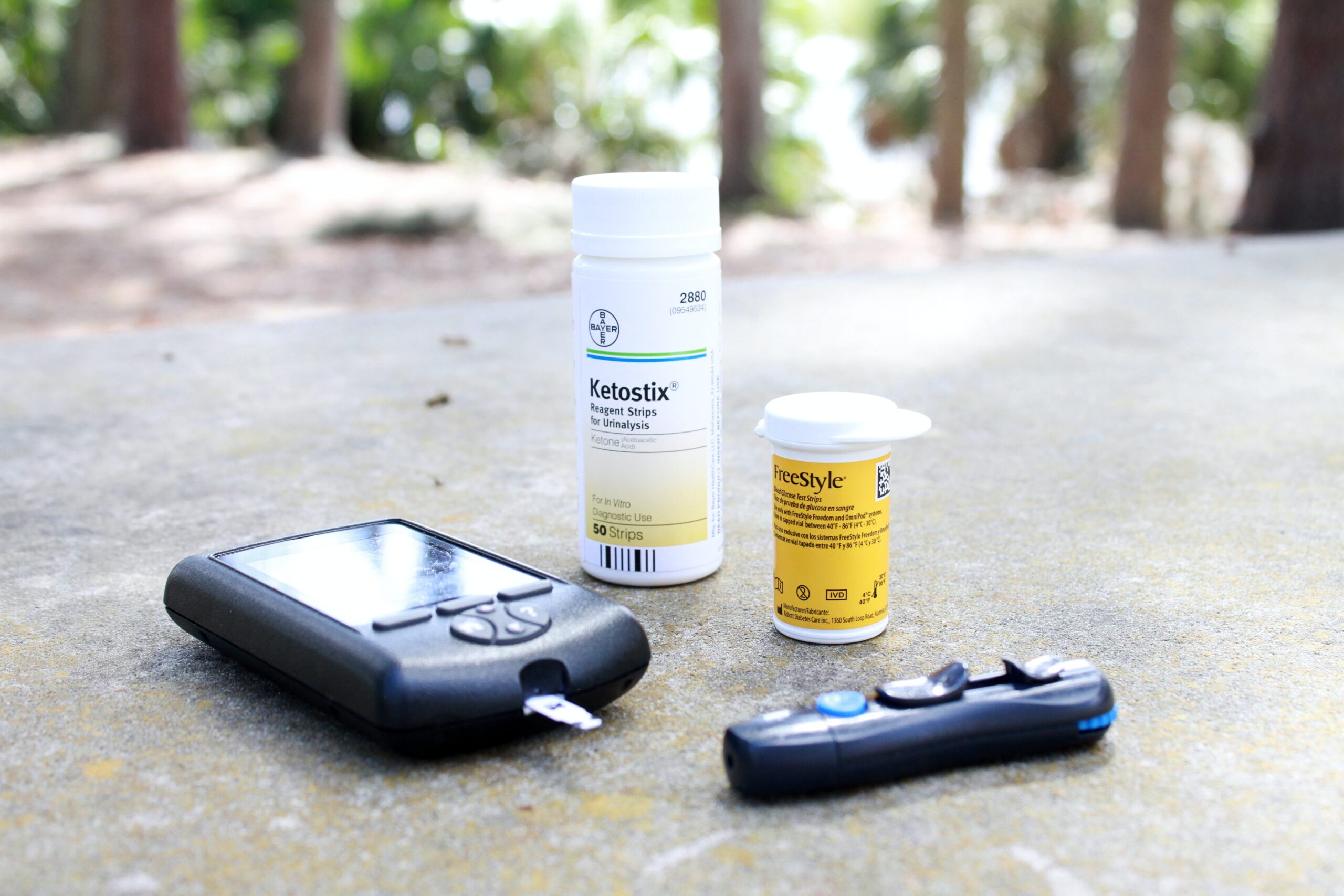Managing High Diabetes in Young Adults: Effective Strategies and Tips

Diabetes, a chronic condition characterized by high blood sugar levels, affects millions of individuals worldwide. Among those, young adults represent a growing demographic facing the challenges of managing diabetes effectively. The transition to adulthood, combined with the demands of education, work, and social life, can make diabetes management seem overwhelming. However, armed with the right knowledge, strategies, and a positive mindset, young adults can successfully manage high diabetes and lead fulfilling lives.
Understanding High Diabetes in Young Adults
High diabetes, also known as hyperglycemia, occurs when blood sugar levels rise above the normal range. In young adults, factors such as genetic predisposition, lifestyle choices, and hormonal changes can contribute to the development of high diabetes. It’s crucial to understand that diabetes is a manageable condition; by adopting the right approach, young adults can keep their blood sugar levels within a healthy range.
Creating a Diabetes Management Plan
- Consulting a Healthcare Professional: The first step for young adults with high diabetes is to consult a healthcare professional, preferably an endocrinologist or diabetologist. These specialists can provide personalized guidance, prescribe medications if necessary, and offer insights into managing the condition effectively.
- Blood Sugar Monitoring: Regular blood sugar monitoring is essential. Young adults should invest in a reliable glucose meter and monitor their levels as recommended by their healthcare provider. This empowers them to make real-time adjustments to their lifestyle and treatment plan.
- Healthy Eating Habits: Transitioning to a balanced diet is crucial. Emphasize whole foods, lean proteins, high-fiber carbohydrates, and healthy fats. Portion control and carbohydrate counting can help manage blood sugar levels effectively. Incorporating foods with a low glycemic index can also contribute to stable glucose levels.
- Regular Physical Activity: Engaging in regular physical activity offers a myriad of benefits for young adults with high diabetes. Exercise helps improve insulin sensitivity, control weight, and enhance overall well-being. Activities like brisk walking, cycling, or swimming are excellent options.
- Medication Adherence: If prescribed, young adults should adhere to their medication regimen diligently. Skipping or altering doses can lead to fluctuations in blood sugar levels. It’s essential to communicate any concerns or side effects to healthcare professionals promptly.
- Stress Management: Stress can impact blood sugar levels. Techniques such as deep breathing, mindfulness, yoga, and meditation can help young adults manage stress effectively. Prioritizing self-care and relaxation is crucial for maintaining stable glucose levels.
- Regular Medical Check-ups: Routine medical check-ups enable healthcare professionals to monitor young adults’ diabetes management progress. Furthermore, these appointments provide an opportunity to address any concerns and make necessary adjustments to the treatment plan.
Lifestyle Adjustments for Effective Diabetes Management
- Hydration: Staying hydrated is often overlooked but is vital for diabetes management. Drinking water helps regulate blood sugar levels and supports overall bodily functions.
- Sleep Quality: Prioritize getting adequate and quality sleep. Poor sleep can disrupt insulin sensitivity and contribute to high blood sugar levels. Establishing a consistent sleep schedule can be immensely beneficial.
- Social Support: Surrounding oneself with a supportive network of friends and family can positively impact diabetes management. Open communication about the condition and its challenges can lead to greater understanding and encouragement.
- Alcohol and Smoking: Moderation is key when it comes to alcohol consumption. Excessive drinking can lead to fluctuations in blood sugar levels. Similarly, smoking can exacerbate the complications of diabetes. Quitting smoking is a significant step toward better diabetes management.
- Mindful Eating: Practicing mindful eating involves savoring each bite, paying attention to hunger cues, and avoiding distractions while eating. This approach can prevent overeating and promote healthier food choices.
Challenges and Strategies
- Peer Pressure and Social Situations: Young adults often face social situations that involve unhealthy food choices. Planning ahead, carrying healthy snacks, and assertively communicating dietary needs can help navigate these challenges.
- Time Management: Juggling work, education, and social commitments can make diabetes management seem daunting. Creating a structured daily routine that includes time for meals, exercise, and medication can streamline the process.
- Technology as a Tool: Utilize technology to your advantage. Smartphone apps, wearable devices, and online platforms can help track blood sugar levels, meals, and exercise. These tools can provide valuable insights into patterns and trends.
In conclusion, Managing high diabetes as a young adult requires a multi-faceted approach that encompasses medical guidance, lifestyle adjustments, and a positive mindset. By understanding the condition, creating a comprehensive diabetes management plan, and embracing healthy habits, young adults can effectively manage their blood sugar levels and lead fulfilling lives. Remember, diabetes doesn’t define who you are – it’s just a part of your journey. With the right tools and strategies, high diabetes can be managed, enabling young adults to thrive and achieve their aspirations.



